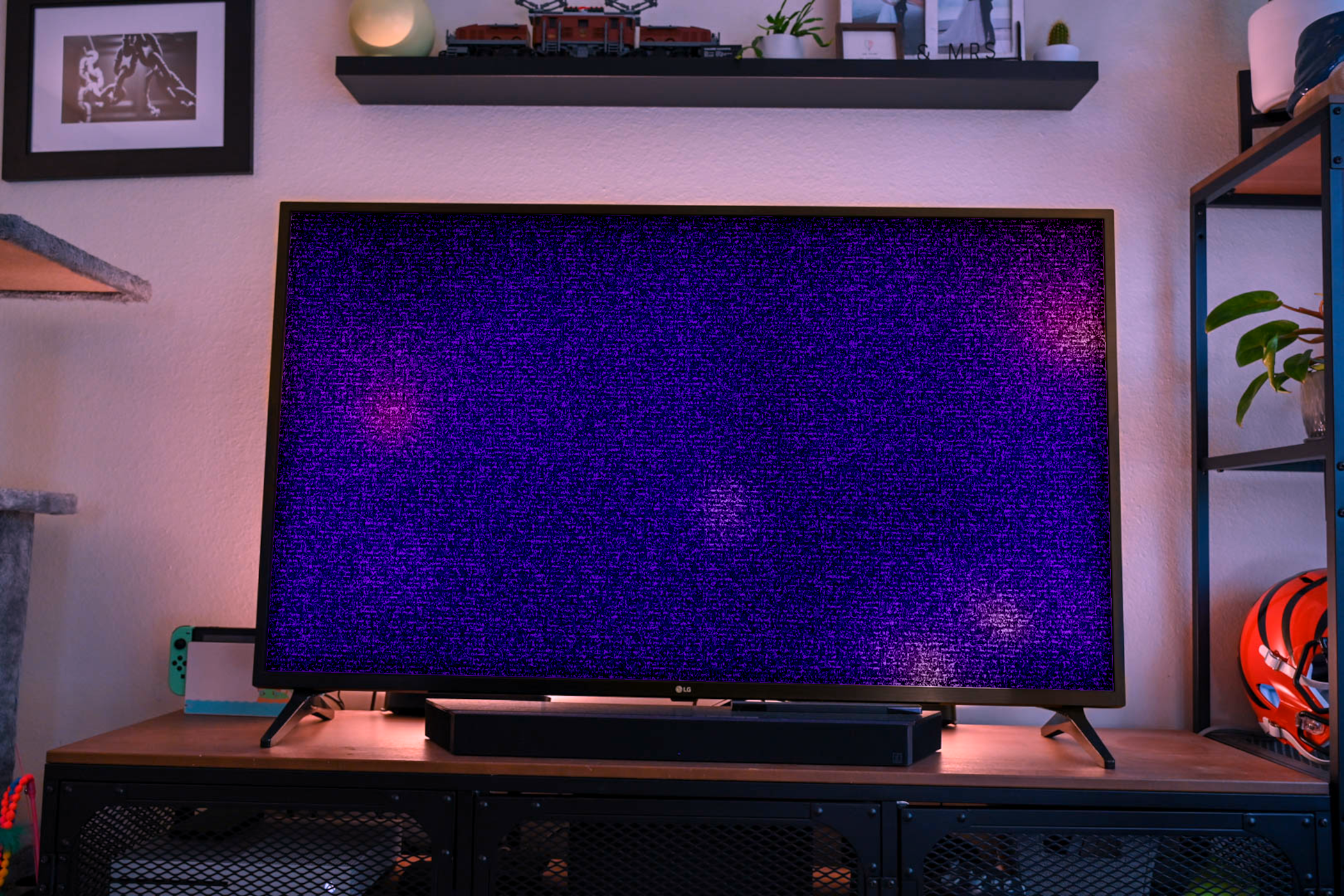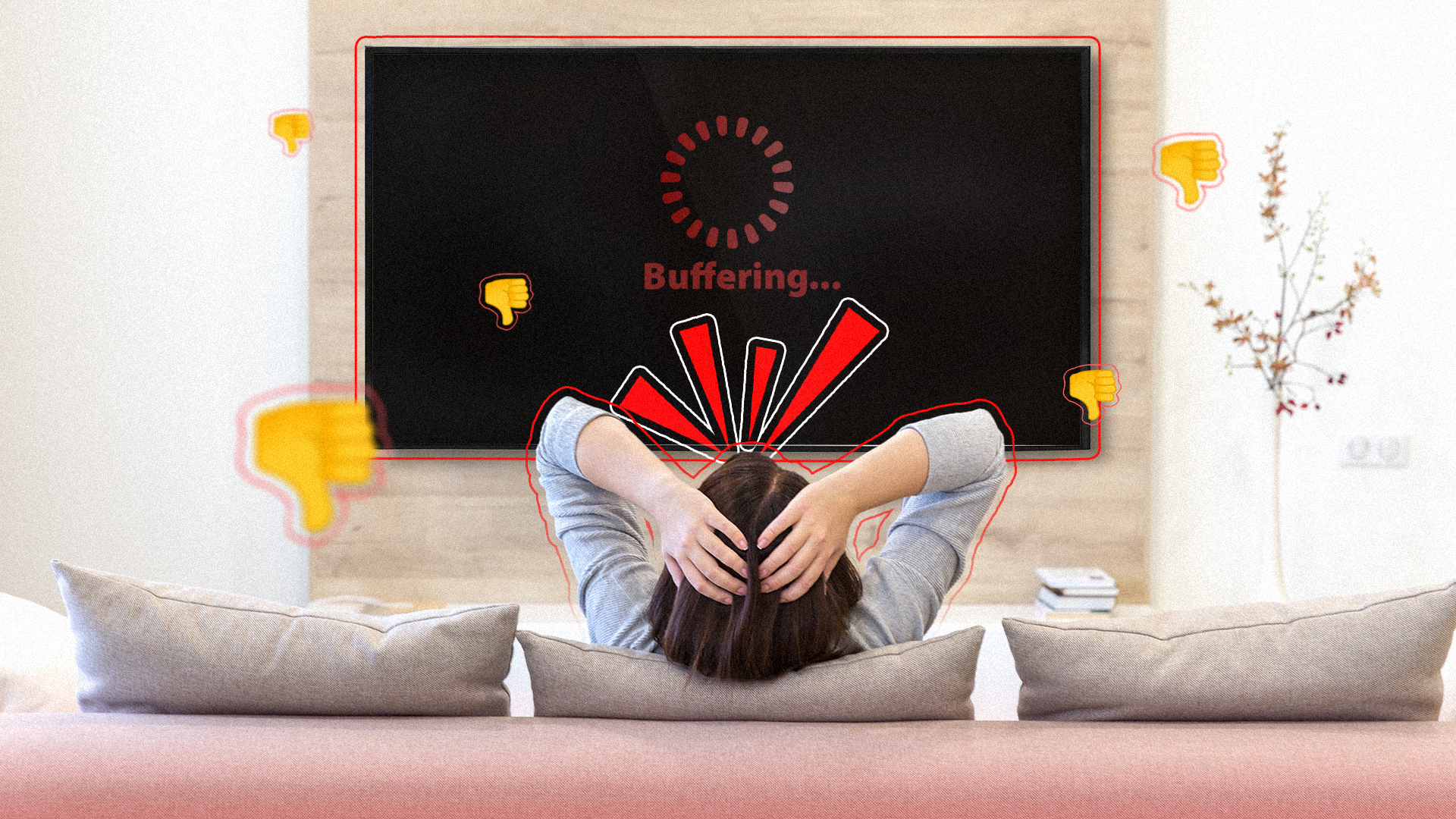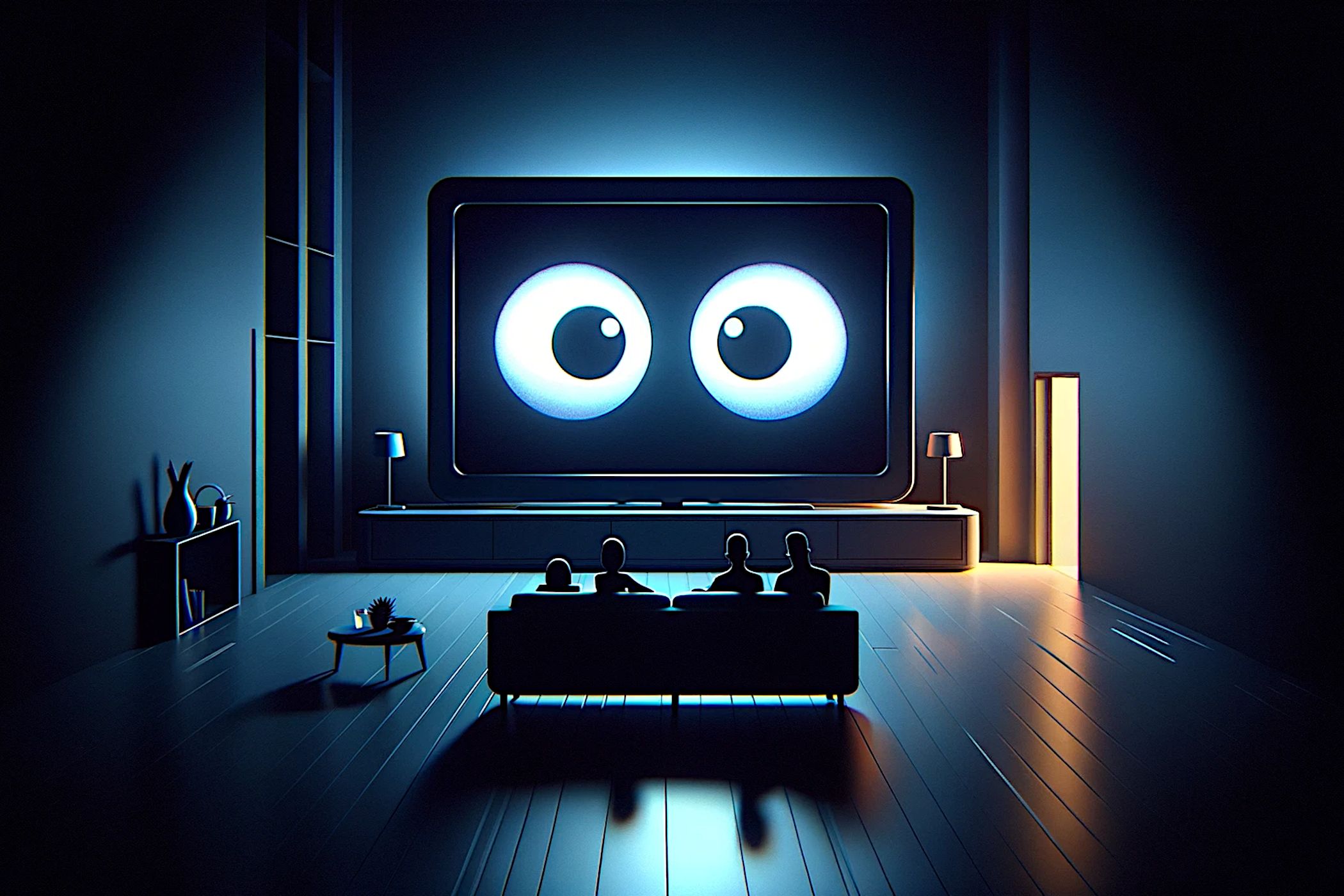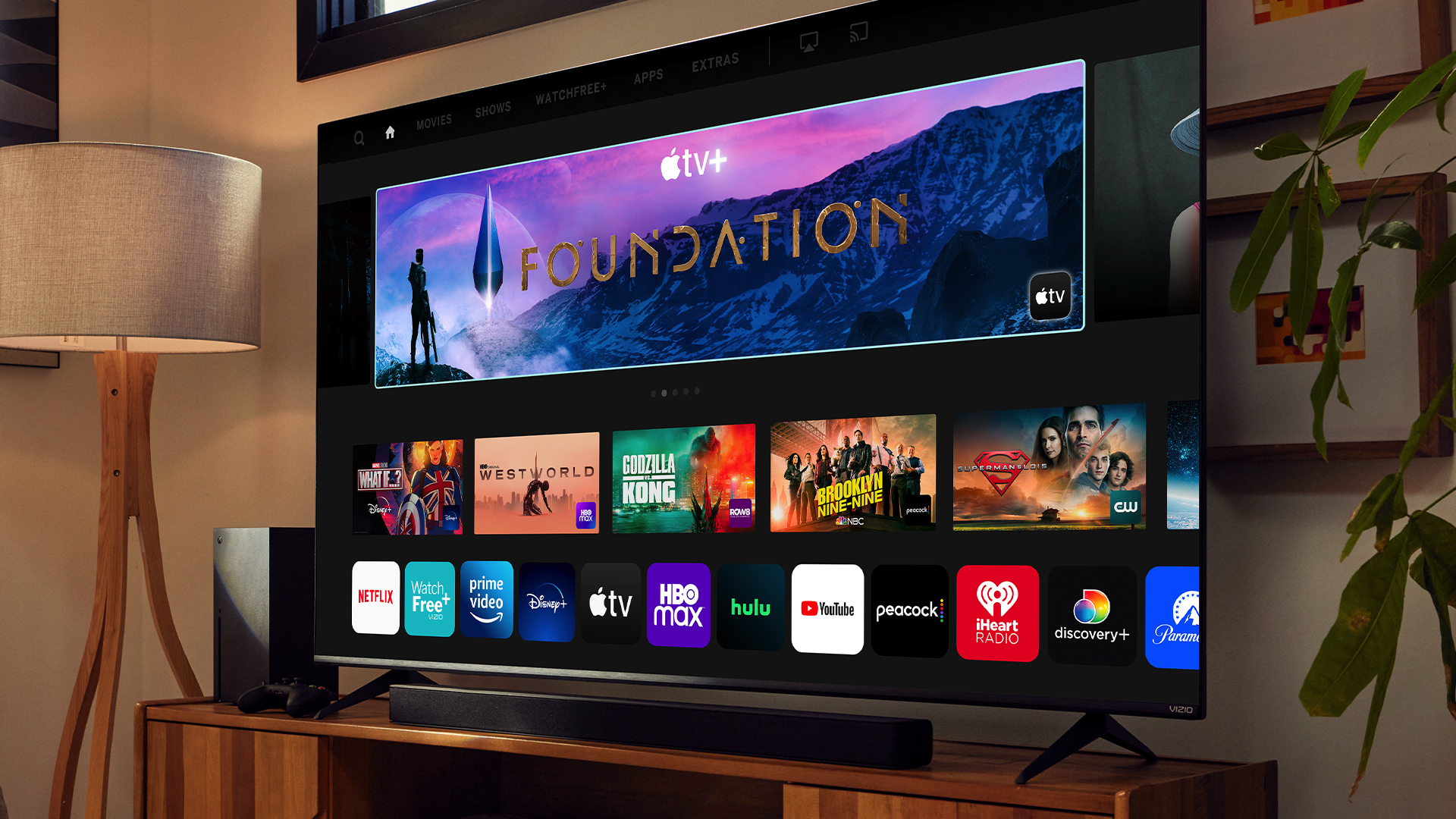Summary
- Dumb TVs are still available, but the choices are either low-end budget models or made for commercial use.
- Smart TVs are great for streaming and smart homes but have intrusive ads and collect your data.
- You can turn off data collection on any smart TV, and most also let you turn off smart features to varying degrees.
TVs are no longer the plug-and-play devices they once were. Even the cheapest options have smart features, most notably streaming service apps. However, they also come bundled with pesky ads and security concerns. This has left many to yearn for simpler times, but is dumber really better?
Dumb TVs Exist, but They’re Typically Not Good
Flat-panel TVs that cut the smart fat do still exist to some degree, but your options are limited and not always created for home use.
Modern-day dumb TVs fall into two categories: ultra-budget and displays meant for commercial use. I really do want to emphasize the “ultra” part of the budget options, like this Westinghouse 32-inch 720p 60 Hz smart-free TV that sells for around $150. This is the lowest end of the TV market, offering specs that will likely cause even the most casual shoppers some pause. However, it’s about as good as you’re going to get for a consumer-grade dumb TV.
Commercial TVs (those made for displays in retail stores and other business-related uses) don’t come bundled with the typical smart features, but also cut key consumer features like speakers, port variety, and traditional remote controls. For example, while the Samsung BED-H series offers a 4K HDR panel at a good price and has some cheap built-in speakers, there’s no way to connect it to external speakers, leaving living room viewers stuck with poor audio quality. They’re not completely dumb either, though the smart features focus on mobile integration rather than streaming apps.
It’s pretty hard to recommend either of these, and while you could buy a used old TV, at this point it’ll probably be quite old if it lacks any smart features whatsoever. This is all to say that the market is sorely lacking quality dumb TV options for consumers, and there’s a reason for that.

Related
Why Smart TVs Really Exist
Most people desire smart TVs for their ease of access to Netflix, Max, Disney+, and the like. However, the real reason they’ve permeated every corner of the market has a lot more to do with the ad money, partnerships, brand deals, and information they provide manufacturers.
Every moment with a smart TV is monetized, especially if you’re using the smart features. This is why virtually every TV down to the cheapest options has smart functionality. The financial returns from installing the requisite tech are far greater than the cost of the tech itself.
In a strange way, smart TVs are cheaper than they’d otherwise be because of their smart features. These lower prices are also a boon for the average consumer. It’s a win-win scenario that creates little incentive to cater to a minority of potential customers who would counter-intuitively pay more for the same TV with fewer features. In fact, by not offering alternatives, the only choice becomes buying TVs that will continue making money for companies.
Turning Off Features Is a Workaround
This is all a bit less insidious than it sounds, as many TVs let you turn off smart features, data collection, or even circumvent activating their brains altogether.
Manufacturers typically do offer the option to opt out of data collection, but what they don’t need to do is make that process easy. Unfortunately for you, they tend to hide the toggle beneath layers of menus. Anyone who isn’t foraging through settings will miss this, so if you’re reading this and haven’t opted out, I highly recommend you do so.

Related
How to Stop Any Smart TV From Spying on You: LG, Samsung, Sony, Vizio
TV manufacturers are hungry for your data.
What’s a bit stickier is turning off smart features, so what you can hide is entirely under the jurisdiction of the manufacturer. Most offer a fair few ways of doing this, but the remnants always linger, such as buttons on the remote that boot into the TV’s OS or updates that alter functionality.
Of course, you can prevent your TV from ever becoming smart by never connecting it to the internet. The downside to this (and it’s a big one) is that you’re locked out of software updates. These often pertain to smart features but can also update core TV functionality. You should do your research on the stock software of a TV compared to its updates if you plan to never bring a smart TV online.
Even Without Smart Features, You’re Not Avoiding Ads
Vizio
Smart TV ads suck, but it may be worth reframing how you perceive them, as you’re going to be fed ads no matter what media streaming route you take.
Streaming boxes and game consoles are just as filled with ads as a smart TV’s home menu, if not more. This isn’t to mention how many streaming services like Amazon Prime Video, Disney+, Hulu, and more require an upcharge to remove ads from videos. If we really want to be pedantic, it’s likely the content you’re watching has product placement in it. Ultimately, you’re getting ads somewhere along the line.
That said, there is something particularly intrusive about ads that come from your TV itself. It’s the antithesis of a blank vessel that we display our content of choice upon. Your best bet is to set the TV to boot to a neutral screen rather than the OS to receive as few ads as possible. I did this with my LG CX in 2020 and have yet to see an ad without deliberately opening the operating system since.
Smart Features Can Provide a Lot of Value
While I’ve been pretty harsh on smart TVs, I actually think they’re a good value proposition for most people who value easy all-in-one access to media streaming. Cutting out the need for an external streaming box is the most significant advancement for consumer TVs in the modern era, at least from the perspective of how most people now interface with their displays.
Smart TVs do more than streaming video, though. Some act as a hub for your smart home, allowing you to change the lighting and temperature, check security cameras, and play music, all without getting off your couch. Voice control—another common smart TV feature—is an elegant means of navigating this.
Game streaming services are even getting into the action on higher-end smart TVs (though you’re better off just buying a console). Along similar lines, you can mirror your computer desktop onto a smart TV. If your Wi-Fi is strong enough, this could enable you to comfortably play PC games on your couch without dealing with cables.

Related
How to Use PiP on Smart TVs (And Why You Should)
Yo dawg, I heard you like TV, so I put a picture in your picture.
We Need More Dumb TVs
Smart TVs are becoming like smartphones where the “smart” is redundant. You’re going to be hard-pressed to find a good TV without smart features these days.
The alternatives to smart TVs are usually quite niche. For example, if you’re playing retro games or watching VHS tapes, a quality CRT monitor is going to make that content look delectable. Also, if you’re going to be using a TV from your desk, it may be worth investing in a nice computer monitor instead. You could also consider a projector, though even projectors are going smart.
These are fringe scenarios, though. What we really need are more dumb TVs, so people who don’t want their features aren’t required to meticulously turn them off in settings, if it’s possible at all. However, because there are only incentives for companies using them—the least of which is that most customers now expect smart features—it’s likely that smart TVs are just the new TVs.
Unless an unlikely wave of quality dumb TVs comes through, it’s go smart or go home. Or you can simply never bestow intelligence on your smart TV to begin with. You have the power to give and take artificial life.
If you’re in the market for a TV and want some recommendations, check out our best TV picks.

LG G4 OLED evo
$2297 $2597 Save
$300








